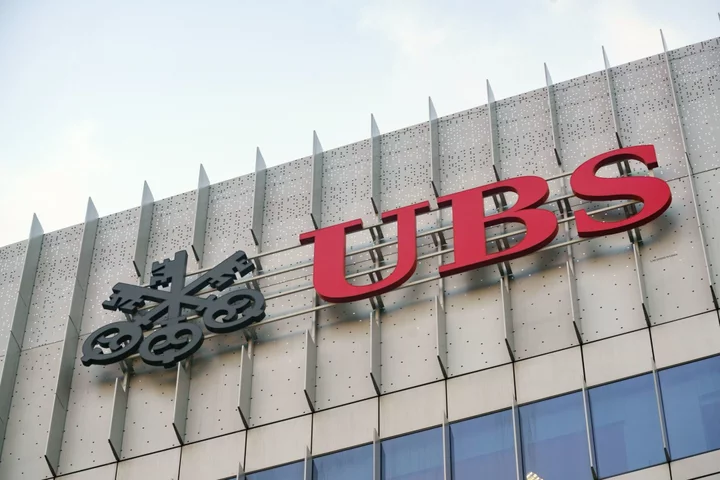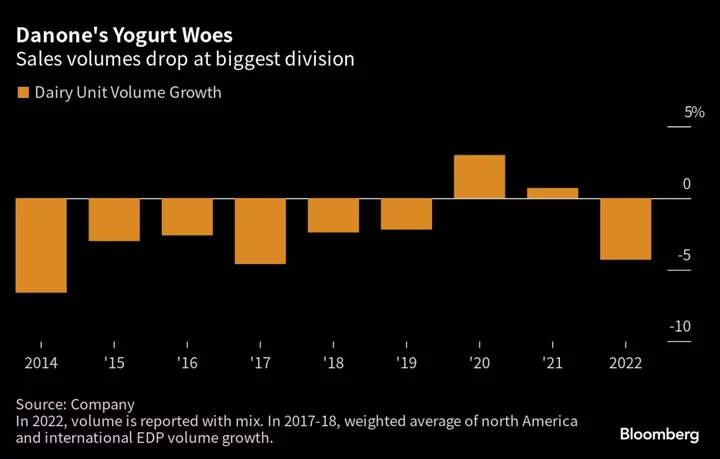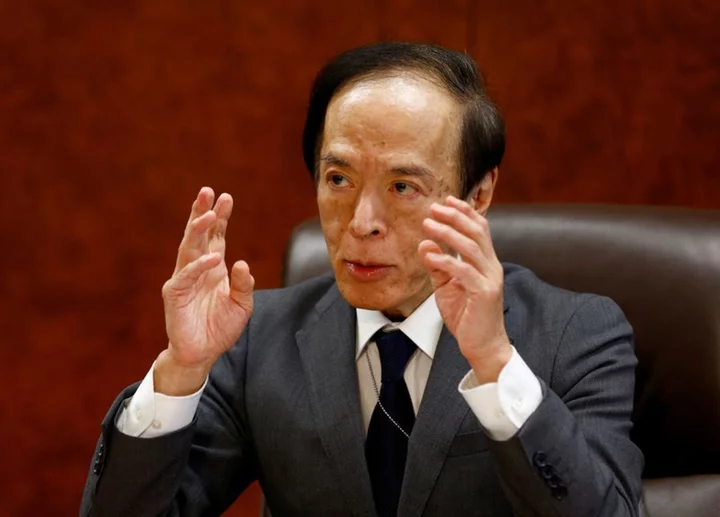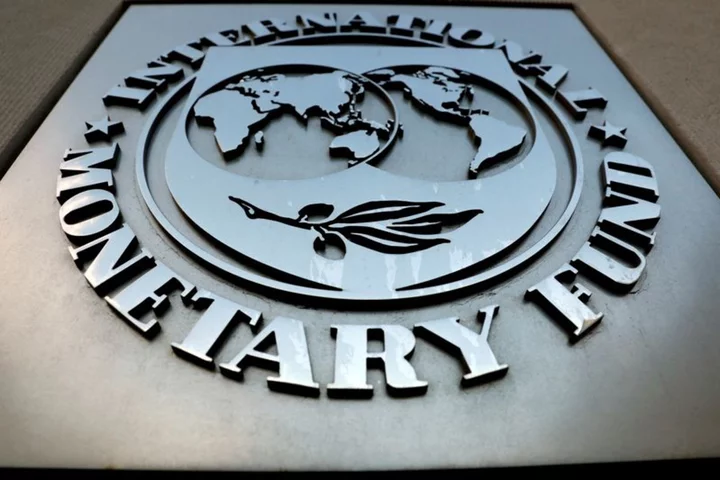China is considering transferring government ownership in the nation’s biggest bad-debt managers to a unit of its sovereign wealth fund as part of a financial regulatory regime overhaul, according to people familiar with the matter.
Under the current proposal, the Ministry of Finance will move its stakes in China Cinda Asset Management Co., China Great Wall Asset Management Co. and China Orient Asset Management Co. to Central Huijin Investment Ltd., said the people, asking not to be identified discussing a private matter. China Investment Corp., parent of Huijin, will also assume the rights from the banking regulator to nominate key executives of the asset managers as their major shareholder, said one of the people.
Meanwhile, some other state firms currently affiliated with Chinese financial regulators will also be transferred to Huijin, said the people. That includes China Securities Finance Corp., which was entrusted with trillions of yuan of funding to support the stock market during its 2015 rout, they added.
The move demonstrates Beijing’s commitment to separating the government’s roles as a regulator and shareholder, streamlining oversight and instilling more discipline at some of its state-owned entities. It will also allow the watchdogs to focus on curbing risks in the nation’s $60 trillion financial industry, at a time when the economic recovery is waning.
Yet one risk is that the transfers could raise questions among creditors over the strength of government support during times of stress. While the bad-debt managers would remain state-owned under the proposal in much the same way as the nation’s biggest banks, the government’s shareholdings would be less direct.
Beijing’s stakes in these firms would be worth about $33 billion, according to Bloomberg calculations based on their shareholders’ equity value.
The plan has yet to be finalized and could change, said the people.
Representatives of the Ministry of Finance, the National Administration of Financial Regulation, which absorbed the banking and insurance regulator, and the CIC didn’t immediately respond to requests for comment.
Central Huijin, a unit of CIC with $1.35 trillion under management, has long been the government’s proxy for holding stakes in state banks, insurers and brokerages. It has direct ownership in 18 financial institutions as of end-2022, according to its website.
China Huarong Asset Management Co., once the biggest among so-called AMCs, will be excluded from the latest reform after a government-orchestrated bailout in 2021 saw Citic Group overtake the finance ministry as its largest shareholder, said the people. Huarong roiled Asian credit markets in 2021 as it failed to release its annual report on time, eventually revealing a massive loss for 2020.
China created Cinda, Great Wall, Orient and Huarong to buy bad loans from banks in the aftermath of the late 1990s Asian financial crisis, when decades of government-directed lending to state companies had left China’s biggest lenders on the brink of insolvency. The firms later expanded beyond their original mandate, creating a labyrinth of subsidiaries to engage in other financial businesses, including shadow lending.
China pledged in March to continue to deepen financial reforms, step up regulation and make sure all parties involved assume the full responsibilities to guard against both regional and systemic financial risks.
As part of the broader bureaucracy overhaul unveiled in March, authorities formed an enlarged National Administration of Financial Regulation and elevated the China Securities Regulatory Commission to “solve the long-standing conflicts and issues in the financial area.”









